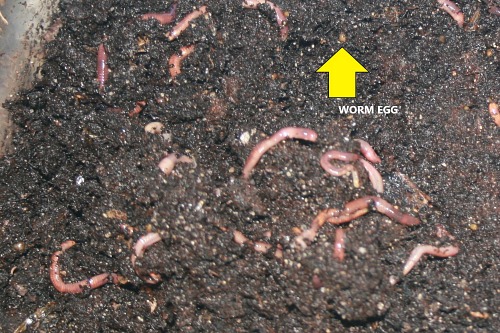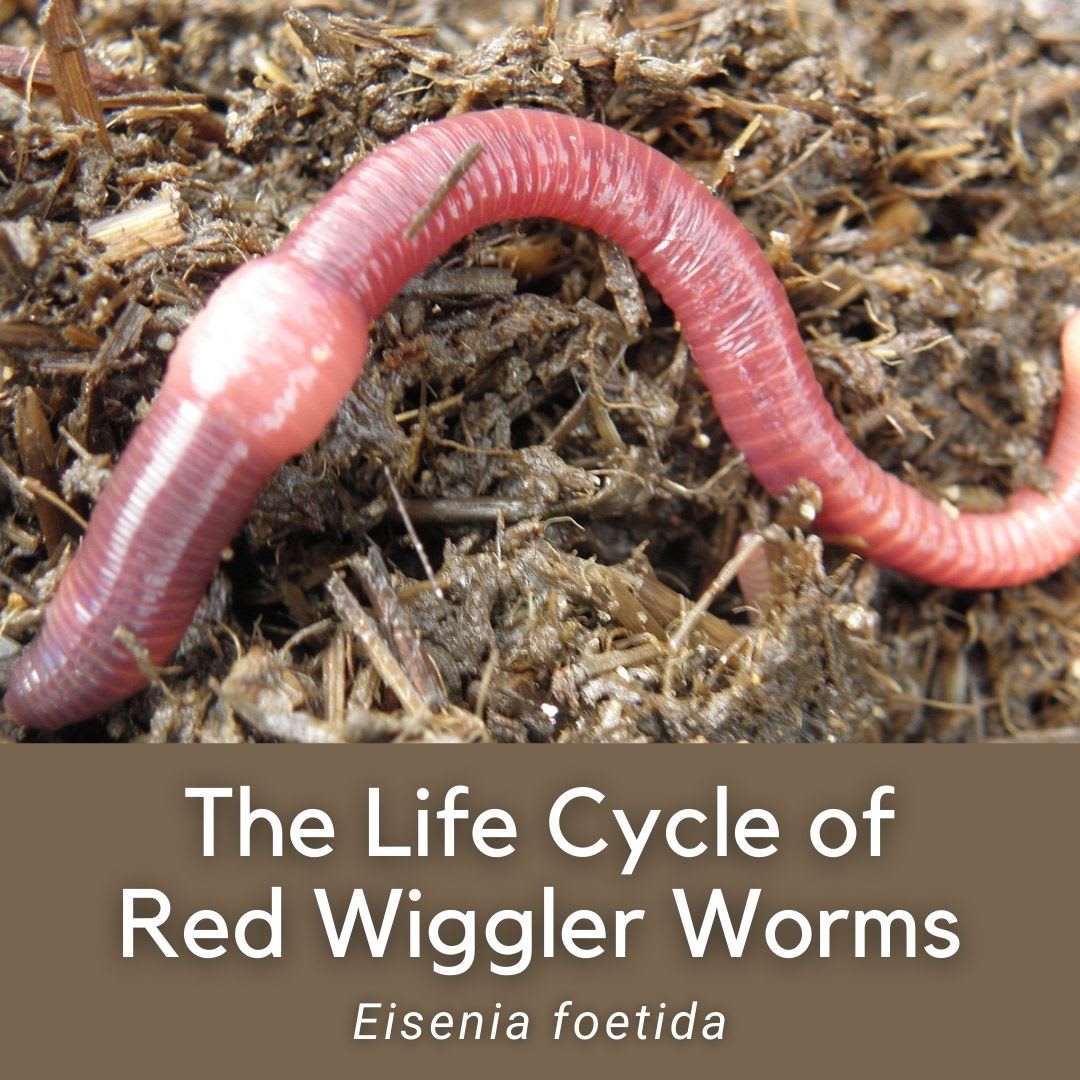Comprehensive Lawn Care Products from Red Wiggler Express
Comprehensive Lawn Care Products from Red Wiggler Express
Blog Article
Red Wigglers: The Unsung Heroes of Organic Waste Recycling
Red wigglers, or Eisenia fetida, serve as critical representatives in the natural waste recycling procedure, transforming discarded products into valuable vermicompost. As the world significantly seeks remedies to deal with waste accumulation and enhance agricultural efficiency, understanding the role of these worms becomes crucial.
What Are Red Wigglers?
The exceptional resilience of red wigglers, medically referred to as Eisenia fetida, emphasizes their important role in natural waste recycling. These small, reddish-brown earthworms are commonly discovered in decomposing raw material, such as compost stacks and manure heaps. Lake Hickory Bait. Unlike various other earthworm varieties, red wigglers prosper in nutrient-rich settings and are extremely efficient at breaking down natural products, making them important for vermicomposting

(Red Wiggler Express)Along with their role in waste reduction, red wigglers add to dirt health and wellness by boosting dirt framework and aeration through their tunneling activities (Lake Hickory Bait). Their existence in composting systems not only improves decay prices yet also promotes a lasting method to throw away monitoring, illustrating their significance in eco-friendly preservation efforts
Benefits of Composting With Worms
Composting with worms, especially red wigglers, provides various benefits that improve both waste monitoring and dirt wellness. Initially, these worms efficiently break down organic waste, transforming it right into nutrient-rich vermicompost that enriches soil. This process accelerates decomposition, enabling a faster recycling of kitchen area scraps and various other organic materials contrasted to conventional composting methods.
In addition, the vermicompost produced by red wigglers is teeming with advantageous microorganisms, which help boost dirt framework, oygenation, and wetness retention. This improves the overall wellness of plants, promoting strenuous growth and enhanced returns in gardens and agricultural setups. Moreover, making use of worms in composting minimizes the manufacturing of greenhouse gases, such as methane, adding to a much more sustainable waste monitoring system.

Just How to Beginning Vermicomposting
Establishing a vermicomposting system is a straightforward process that can generate substantial advantages for both waste monitoring and dirt enrichment. To begin, select an appropriate container, such as a plastic bin or wooden box, with sufficient ventilation openings to make sure correct airflow. The dimensions should ideally be around 2 feet by 3 feet, permitting enough room for the worms to grow.
Following, prepare bed linen product, which can be composed of shredded paper, cardboard, or coconut coir. This bed linens needs to be dampened to create an appropriate environment for the worms. When the bed linen is in area, present red wigglers (Eisenia fetida) right into the container, commonly around one extra pound of worms for each square foot of surface location.
Adhering to the positioning of worms, add natural waste, such as fruit and veggie scraps, coffee premises, and smashed eggshells. With these steps, you will efficiently launch a vermicomposting system that adds to lasting waste monitoring and improves your soil.
Keeping a Healthy Worm Bin
(Red Wiggler Express)Keeping a worm bin flourishing calls for routine focus and treatment to ensure the health of the red wigglers and the performance of the composting process. Appropriate maintenance begins with monitoring the dampness degrees; the bin needs to perspire yet not saturated. A good general rule is to maintain an uniformity comparable to a wrung-out sponge.
Aeration is essential too. Delicately blending the bedding and food scraps every couple of weeks avoids compaction and makes certain that all worms have access to oxygen. Furthermore, it is vital to feed the worms properly. A well balanced diet of vegetables and fruit scraps, coffee premises, and crushed eggshells need to be provided in moderation to prevent overfeeding, which can bring about odors and insects.
If the bin becomes too warm or cool, the worms may end up being stressed. By vigilantly managing these factors, one can keep a durable and productive worm container.
Effect On Sustainable Living
The successful upkeep of a worm container not only profits the health and wellness of red wigglers but also contributes substantially to sustainable living practices. By reusing organic waste, such as kitchen scraps and lawn debris, red wigglers help draw away considerable amounts of product from garbage dumps. This decrease in waste not only lowers greenhouse gas discharges however also lessens the environmental problem associated with waste monitoring.
In addition, the spreadings created by red wigglers work as a nutrient-rich natural fertilizer, boosting soil wellness and promoting plant development. Red Wiggler Express This natural choice to chemical fertilizers supports lasting agriculture and horticulture methods, decreasing dependence on synthetic inputs that can damage environments. Additionally, worm composting cultivates awareness of waste administration, encouraging individuals and areas to embrace more lasting habits.

Final Thought
In recap, red wigglers serve as crucial contributors to organic waste recycling via their reliable decomposition of organic materials. By incorporating vermicomposting into waste management strategies, individuals and neighborhoods can considerably reduce waste while advertising ecological sustainability.
Report this page